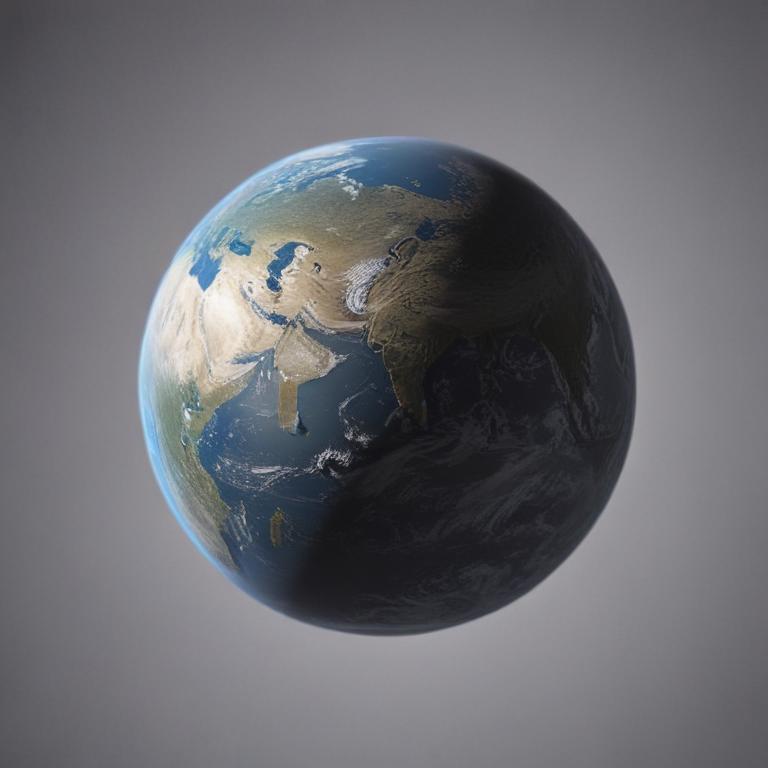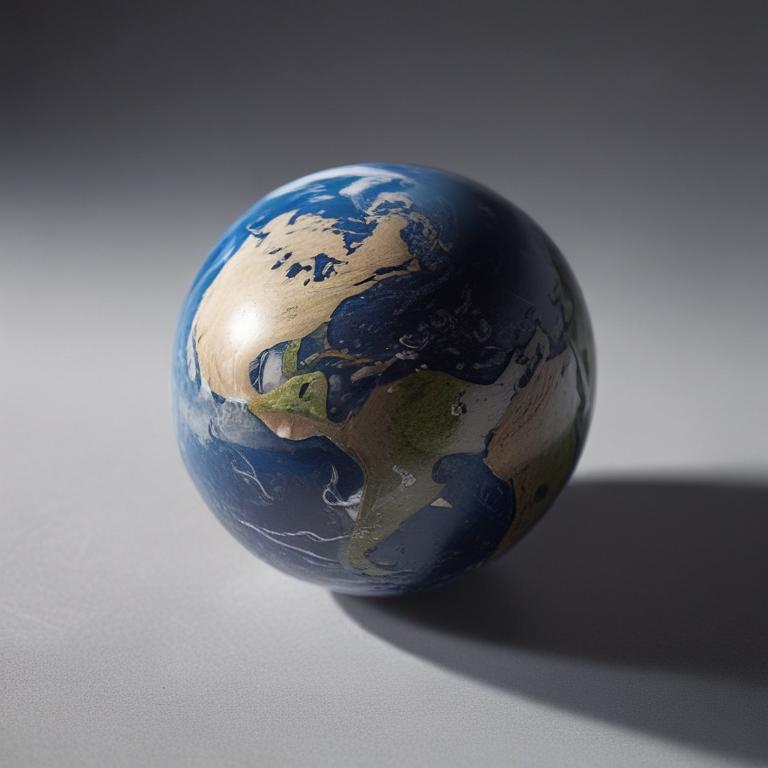发音 (Pronunciation):
IPA: /ˈplænɪt/
中文近似: '普拉尼特'
中文意思与词性 (Meanings & Part of Speech):
- 行星 (n.)
- 星球 (信息待补充)
例句 (Examples):
1. Earth is the third planet from the Sun.
(地球是离太阳第三颗行星。)
2. Mars is often called the Red Planet.
(火星常被称为红色星球。)
用法提示 (Usage Tip):
注意区分行星与恒星,行星是围绕恒星旋转的天体。
更多关于 "planet" (More about "planet")
单词来源 (Etymology)
来源于希腊语 'planētēs',意为“漫游者”,因为行星在天空中移动。
词根词缀解析 (Root & Affix Analysis)
词根 'plan-' 意为“漫游”,暗示行星在天空中的运动。
“planet”的字母与词根个性化解读
字母象形/引申义 (个性化参考)
- 字母 'p' 的象形或引申含义可能包括: 手/脚 (P=F); 手掌 -> 平; 棒子 (P=B); 音变: P=B=M=F=V。
- 字母 'l' 的象形或引申含义可能包括: 拉长, 长 (line); 舌头 -> 说 (language); 细, 少; 音变: L=M=N=R。
- 字母 'a' 的象形或引申含义可能包括: 牛角 (象形: 牛头, 力量, 能力); 下面宽上面尖 (形状) -> 延伸, 远处, 高处, 方向, 指示。
- 字母 'n' 的象形或引申含义可能包括: 水 (M=N); 鼻音 (nose); 突出/生长/新生; 门 -> 否定 (no, not); 连接; 音变: N=M=L=R。
- 字母 'e' 的象形或引申含义可能包括: 眼睛 (窗户符号引申); 向外 (ex-变体); 元音互换: A=E=I=O=U=W=Y。
- 字母 't' 的象形或引申含义可能包括: 顶端 -> 记号/标志; 手杖 -> 抓 -> 手 -> 伸展 -> 指示代词; 支撑 -> 站立; 三叉 -> Tr转换/转; 分叉; 音变: T=D=S=TH。
学习提示:以上针对单词 planet 的字母和词根解读,主要基于提供的特定象形及词根资料。这些提示旨在启发联想,而非绝对定论。更通用的记忆规则和原则请参考首页。英语词源复杂多变,实际应用中请结合更全面的词源词典和语言学知识进行深入学习。
常用词组 (Common Phrases)
- inner planets: 内行星
- outer planets: 外行星
其他语言 (Other Languages)
- 德语: Planet
- 法语: planète
字母整体创意联想
单词 'planet' 的形状像一个在太空中旋转的球体,代表行星的圆形特征。
逐字母创意解读
中文谐音助记
“planet” 可以联想为“普拉的星球”,帮助记忆这个词的意思。
相关电影/名言
"To infinity and beyond!"
(去往无尽的远方!)
- 《玩具总动员》(1995)
趣味知识/故事
在古代,行星被认为是神灵的象征,每个行星都有其对应的神话故事,影响着古人的生活与信仰。
拓展信息
行星分为类地行星和气态巨行星。类地行星如地球、火星,表面坚硬;气态巨行星如木星、土星,主要由气体组成。
行星的数量和分类也在不断变化,科学家们通过望远镜和探测器不断发现新的行星和星体。
网络参考 (More about "planet" from the Web)
Planet - Wikipedia
The eight planets of the Solar System with size to scale (up to down, left to right): Saturn, Jupiter, Uranus, Neptune (outer planets), Earth, Venus, Mars, and Mercury (inner planets). A planet is a large, rounded astronomical body that is generally required to be in orbit around a star, stellar remnant, or brown dwarf, and is not one itself. [1] The Solar System has eight planets by the most ...
Planet | Definition, Characteristics, & Facts | Britannica
planet, (from Greek planētes, "wanderers"), broadly, any relatively large natural body that revolves in an orbit around the Sun or around some other star and that is not radiating energy from internal nuclear fusion reactions. In addition to the above description, some scientists impose additional constraints regarding characteristics such as size (e.g., the object should be more than ...
What is a Planet? - Science@NASA
Learn how the word "planet" has evolved over time and what criteria the International Astronomical Union uses to classify planets and dwarf planets in our solar system. Explore the history and debate of planetary definitions and discoveries from ancient Greece to modern times.
更多图片 (planet More Images)

